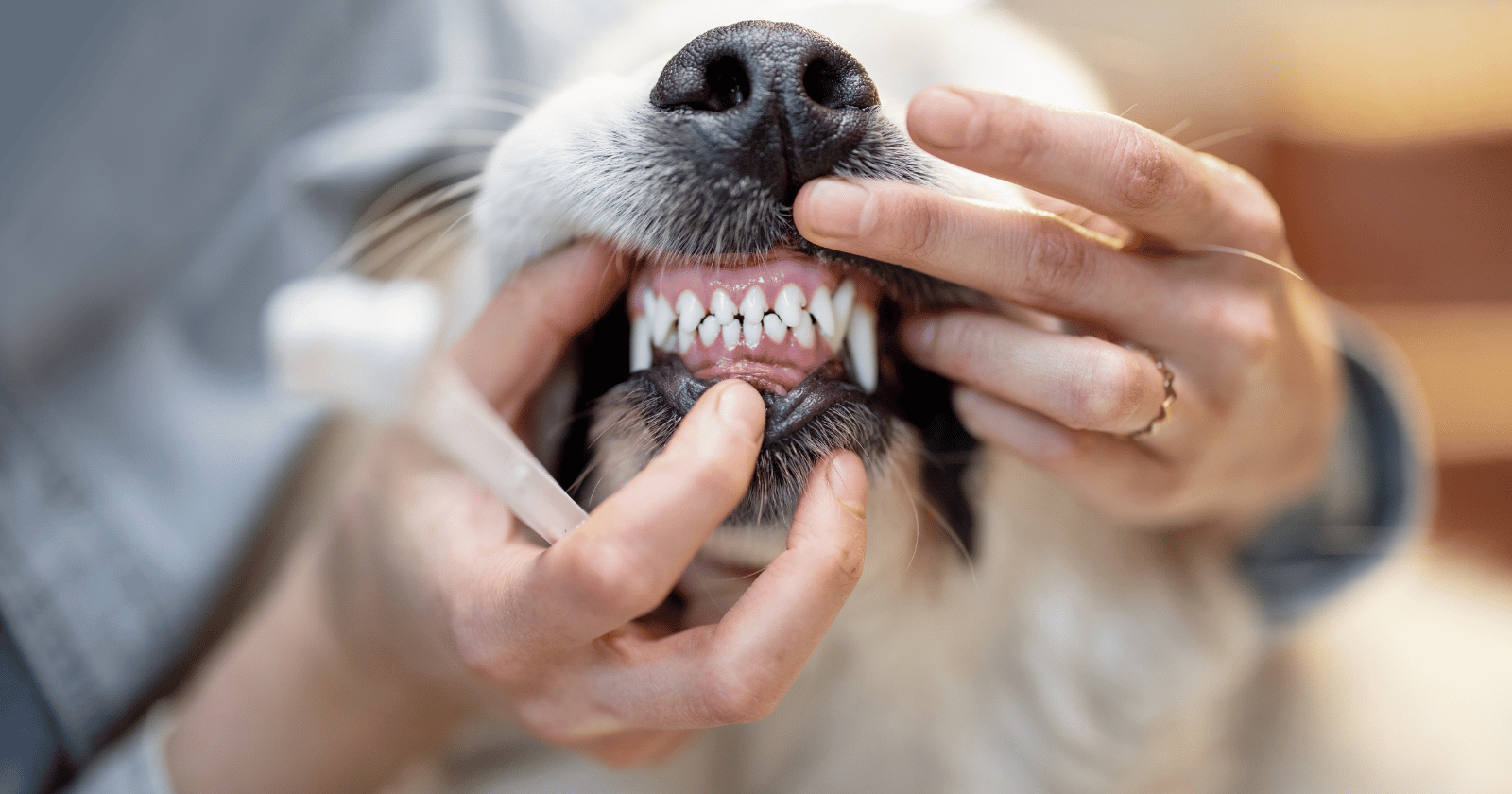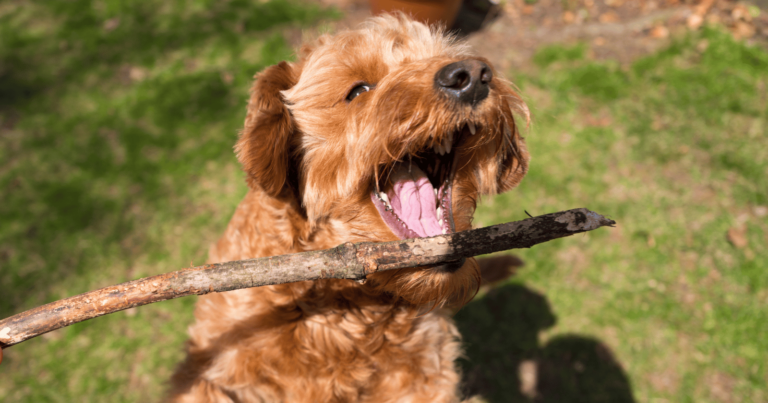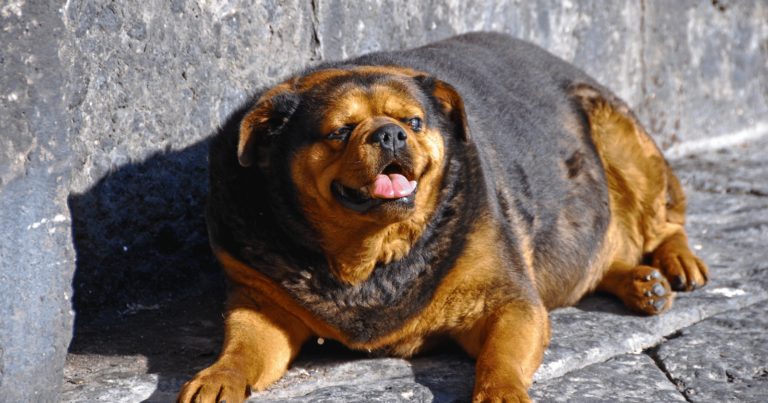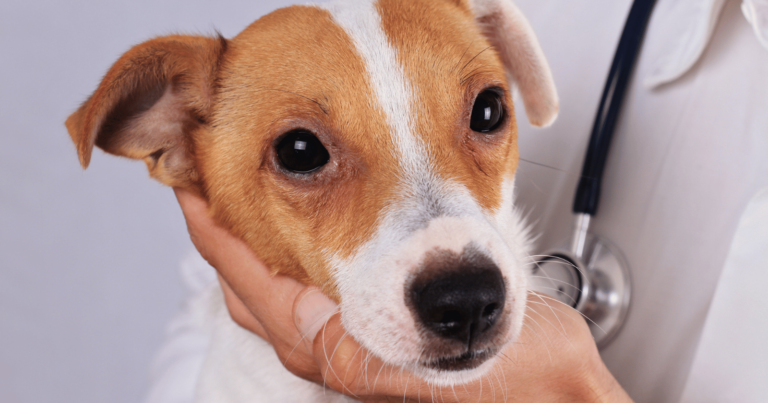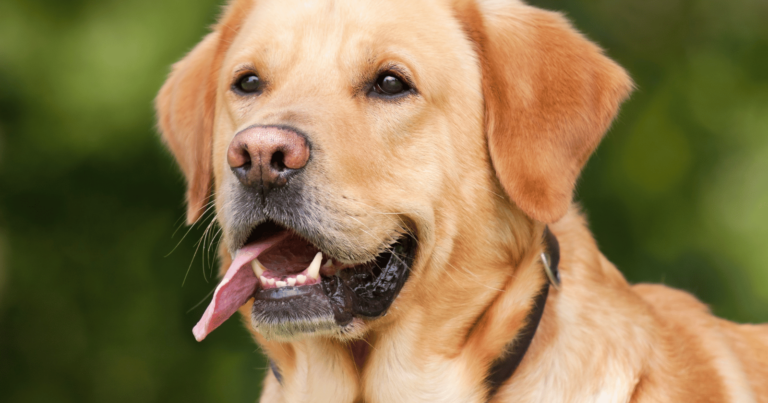Just as you take care of your own oral health, your pet’s dental care matters too.
You might not think about it often, but oral hygiene can significantly impact your pet’s overall well-being.
Here are some important facts to keep in mind when it comes to protecting your furry friend’s mouth.
This isn’t about scaring you, it’s about arming you with the knowledge you need to ensure your pet lives a healthy, happy life.
Let’s get into “9 facts you need to know to protect your pet’s oral health.”
1. Dental disease is common
You might not think about it often, but dental disease is actually quite common among pets.
It’s not just about bad breath – it’s an underlying health issue that can lead to serious complications if left untreated.
Pets, like humans, can suffer from gum disease, tooth decay, and other oral problems.
And these conditions can lead to a myriad of health issues beyond the mouth.
The fact is, most pets over the age of three already have some form of dental disease.
And while that might sound scary, the good news is it’s entirely preventable.
This isn’t meant to alarm you.
It’s just to make you aware that your pet’s oral health needs your attention.
2. Dental check-ups are key
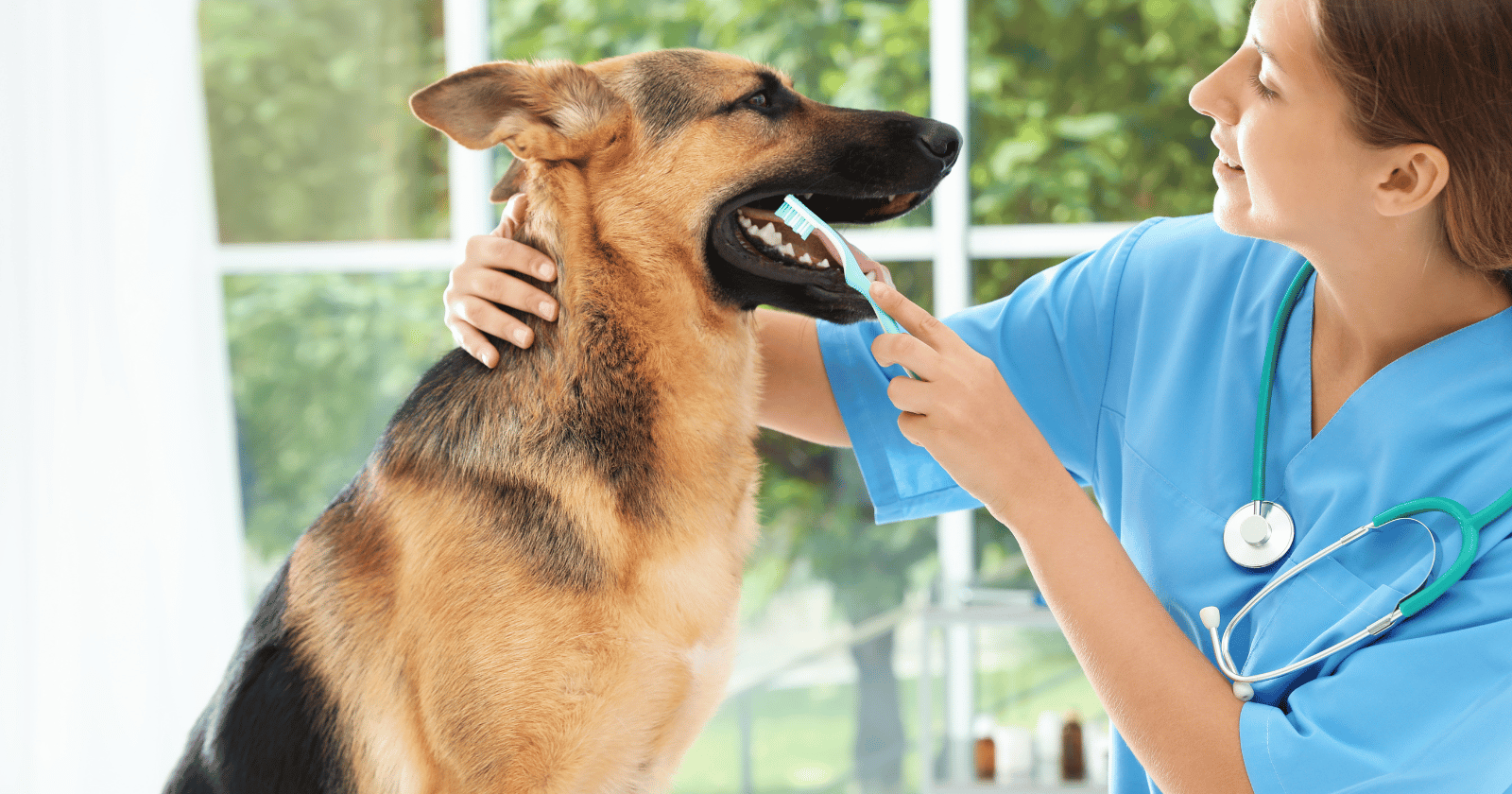
In my own experience, I’ve learned the importance of regular dental check-ups for my pets.
When my dog, Bilbo, was around five years old, I noticed she wasn’t as enthusiastic about her chew toys as she used to be.
She also had noticeably bad breath, which wasn’t typical for her.
Deciding to consult with our vet, we discovered that Bilbo had a couple of dental issues that needed immediate attention.
If we had not taken her for that check-up, the problems could have escalated, causing her a lot more pain and discomfort.
The lesson here?
Regular dental check-ups are essential.
They help detect potential issues early on and can save your pet from unnecessary pain and complications later.
Plus, it saves you from unexpected vet bills!
3. Dry food isn’t a dental fix
Many pet owners have heard that dry food can help keep their pet’s teeth clean.
But, contrary to popular belief, dry pet food doesn’t necessarily contribute to better oral health.
While it’s true that the crunching action can help remove some plaque, it’s not enough to prevent dental disease on its own.
It’s like thinking that eating crunchy foods will replace brushing your own teeth – it just doesn’t quite cut it!
So while dry food can be a part of your pet’s diet, it shouldn’t be relied upon as the only oral hygiene measure.
4. Brushing is best
Just as brushing your teeth is the best way to maintain your oral health, the same goes for your pet.
Introducing a brushing routine can significantly improve your pet’s dental health.
It helps remove plaque and tartar build-up, which are the main causes of gum disease and tooth decay.
But don’t just grab your own toothbrush and toothpaste.
Pets need their own special toothpaste, as human toothpaste can be harmful to them.
Start slow with your pets and make it a positive experience.
And consistency is key – aim to brush your pet’s teeth daily, or at least several times a week.
It’s a little effort that can make a big difference in their oral health.
5. Bad breath isn’t normal
Contrary to popular belief, it’s not normal for your pet to have bad breath.
Often, bad breath in pets is a sign of an underlying oral health issue, such as gum disease or tooth decay.
While diet and what they’ve recently snacked on can affect the smell of their breath, persistent bad breath shouldn’t be ignored.
It’s a good idea to consult with your vet if you notice a change or if their breath becomes particularly foul.
Catching potential issues early can make a big difference in your pet’s oral health.
So don’t write off bad breath as just ‘doggy breath’ or ‘fishy cat mouth’.
It’s worth getting it checked out.
6. Dental health affects overall health

When we talk about our pets’ health, we often focus on things like diet and exercise.
But oral health is just as important.
You see, poor dental health doesn’t just cause pain and discomfort in the mouth.
It can lead to systemic issues affecting vital organs like the heart, liver, and kidneys.
This is because the bacteria from dental disease can enter the bloodstream and cause harm elsewhere in the body.
It’s a ripple effect that can have serious consequences.
7. Chew toys can help
I remember the first time I got a chew toy for my rescue dog, Whisky.
He was a bit hesitant at first, unsure of what to do with it.
But once he got the hang of it, he was unstoppable!
Chew toys can be a great addition to your pet’s oral hygiene routine.
They help stimulate saliva production, which naturally helps clean the teeth and gums.
Plus, they can be a fun and interactive way for your pet to “brush” their own teeth.
Just make sure the chew toy is appropriate for your pet’s size and chewing style.
And always supervise chew time to avoid any choking hazards or accidental ingestion of toy parts.
8. Treats aren’t always a treat
It’s easy to fall into the trap of spoiling our pets with treats, especially when those pleading eyes are begging for one more.
But overindulgence in treats can contribute to dental issues, especially if those treats are high in sugars and fats.
Just like humans, a diet high in sugars can lead to tooth decay in pets.
So it’s important to moderate the intake of treats and opt for healthier options.
There are even dental chews available that are designed to help clean your pet’s teeth as they chew.
Such treats can be a good supplement to brushing, but remember they don’t replace the need for regular dental care.
9. Professional cleanings are crucial
No matter how diligent you are with your pet’s at-home dental care, professional cleanings are an essential part of maintaining their oral health.
Vets have the tools and expertise to perform a thorough cleaning that reaches every nook and cranny of your pet’s mouth, including under the gumline where most dental diseases start.
Not only do these cleanings help prevent oral disease, but they also give your vet a chance to spot any early signs of problems.
So make sure to schedule regular professional cleanings with your vet.
It’s more than just a smile
When we think about our pets’ health, it’s easy to overlook their oral care.
But as we’ve discovered, dental health is a crucial part of their overall well-being.
The simple act of brushing their teeth or scheduling regular vet check-ups can make a significant difference.
It can prevent painful conditions and potentially life-threatening complications.
But more than that, it’s about the quality of life we offer our pets.
A healthy mouth means they can enjoy their meals, play with their toys, and give us those heartwarming smiles without any discomfort.
And as pet owners, it’s our responsibility to ensure those smiles stay bright and healthy, because they light up our lives in so many ways.


